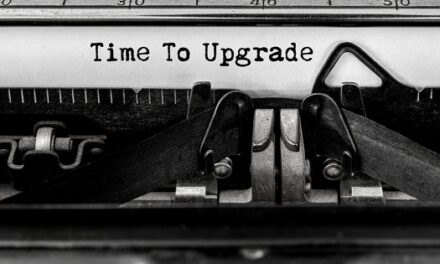Have you ever started your work day by sitting in the car park crying, dreading to go in the office? I have. It is a dark and miserable feeling to steel oneself against the work day.

I’m reading the book Culture 101 by my friend, Penny Nesbitt. In it she describes the common experience of people driving to work Monday in tears. It’s the feeling of being trapped, stuck.
How does it get this way? How do workplaces become prisons?
If you ask the leaders, they don’t always see it that way. (Of course not! They’re in charge!) However it’s likely they are aware that something is not quite right.
Often when leaders look at the results in their business, the performance of their employees or departments, they look at the behaviours related to those results. In other words, if things are going badly, leaders tend to blame their people.
Here’s the thing – behaviours don’t come out of the blue. Beliefs drive behaviours.
Where do beliefs come from?
Experiences shape beliefs.
Human beings have a huge subconscious data base of experiences. The subconscious processes everything we observe and participate in and assesses whether it is good or bad. This processing system is designed to keep us safe from harm. It makes rules about people, circumstances, and situations that don’t feel good and therefore must be avoided. These becomes beliefs. This database of beliefs then spits out a suggested behaviour response anytime we go into a new environment. In other words, our human database – our beliefs – drives our choices and behaviours.
So if we are to fix results in a business, do we look at actions? Yes.
Do we try and change the behaviours that are causing those actions? Not without looking at the beliefs, and more importantly – the EXPERIENCES – that are shaping those beliefs.
Example: Your staff won’t speak up and you want them to participate in strategic conversations.
You can:
- Encourage them to speak up. This is addressing the behaviour directly.
- Ask them why they don’t speak up. This is digging around to assess the beliefs that are driving the quiet behaviour. *Hint: if they have trouble speaking up, they may have trouble sharing their fears.
- Look at the broader experience for your staff. What kind of experiences have they had when speaking up? Do people get shut down? Ignored? Black listed? Yelled at? What do you model yourself?
Experiences shape beliefs at work. If you want to change results, you need to come back to creating experiences that foster the beliefs, behaviours, and actions that produce the results. A plant will grow better where the soil is tended.
How deliberate are you when it comes to shaping employee experience? Do you focus on the beliefs you wish to foster? The behaviour you expect? What is the balance of good experiences versus bad experiences in your workplace?





















